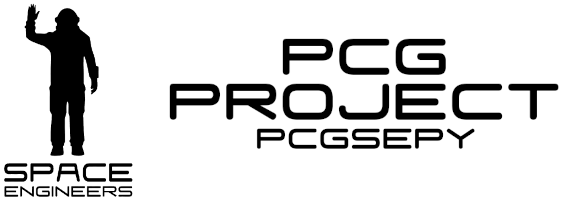Preference-Learning Emitters for Mixed-Initiative Quality-Diversity Algorithms
In mixed-initiative co-creation tasks, wherein a human and a machine jointly create items, it is important to provide multiple relevant suggestions to the designer. Quality-diversity algorithms are commonly used for this purpose, as they can provide diverse suggestions that represent salient areas of the solution space, showcasing designs with high fitness and wide variety. Because generated suggestions drive the search process, it is important that they provide inspiration, but also stay aligned with the designer's intentions. Additionally, often many interactions with the system are required before the designer is content with a solution. In this work, we tackle these challenges with an interactive constrained MAP-Elites system that leverages emitters to learn the preferences of the designer and then use them in automated steps. By learning preferences, the generated designs remain aligned with the designer's intent, and by applying automatic steps, we generate more solutions per user interaction, giving a larger number of choices to the designer and thereby speeding up the search. We propose a general framework for preference-learning emitters (PLEs) and apply it to a procedural content generation task in the video game Space Engineers. We built an interactive application for our algorithm and performed a user study with players.
PDF Abstract
